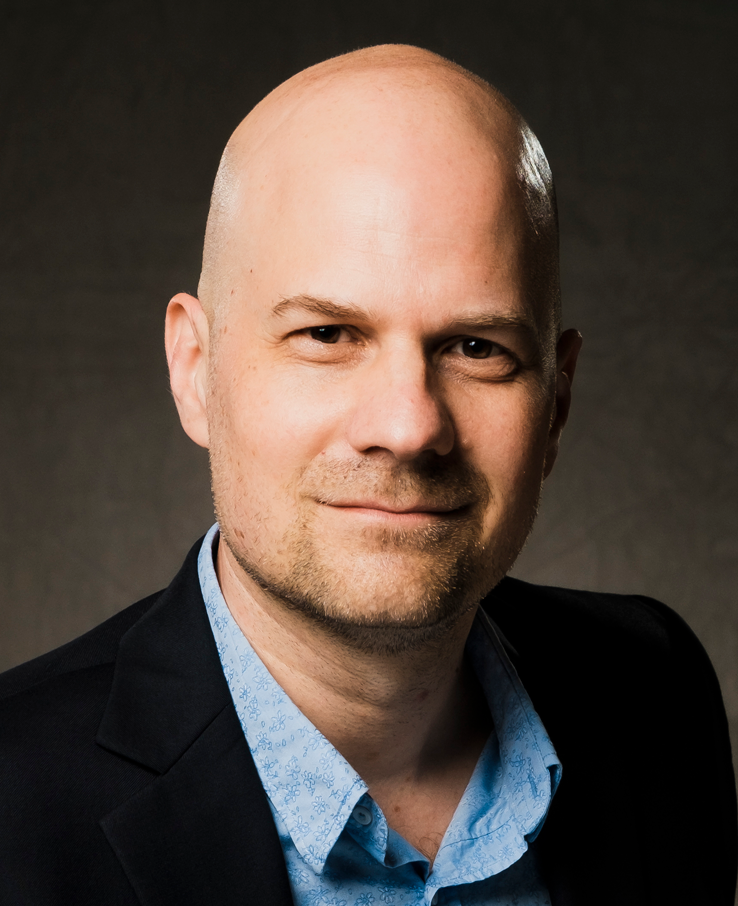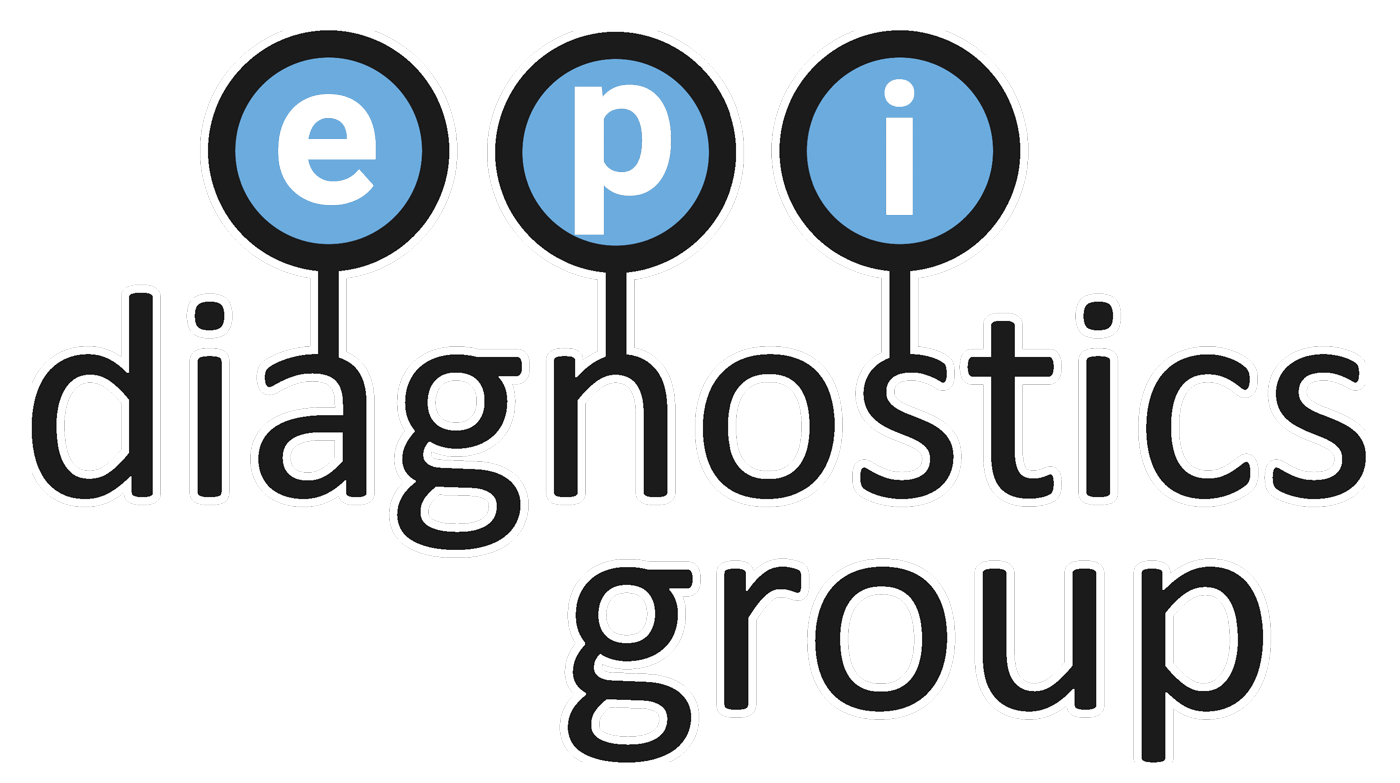
Thomas R. Pisanic II, PhD
Epidiagnostics Group Investigator
Associate Research Professor
Break Through Cancer Scientist
tpisanic@jhu.edu
+1 410 516 1135
0000-0001-5796-0836
Institute for NanoBioTechnology
Shaffer 200D
3400 N Charles St
Baltimore, MD 21218

Dr. Thomas Pisanic is an Associate Research Professor and Epidiagnostics Group Investigator at the Institute for NanoBioTechnology in the Johns Hopkins Whiting School of Engineering and the Department of Oncology in the Johns Hopkins School of Medicine. He also serves as BTC Scientist in the Break Through Cancer foundation. Dr. Pisanic’s overall research goal is the development of novel, cost-effective strategies for the noninvasive detection of human disease and cancer in particular. He has over 20 years of experience working in both the academic and industrial sectors, from which he has developed a uniquely broad background for the development of a diverse array of translational clinical diagnostic approaches. Over his career, he has made significant contributions in the fields of cancer epigenetics, diagnostic assay development, microfluidics and nanotechnology, and has co-authored over 30 publications in these various fields. Dr. Pisanic’s current research is primarily focused on characterizing DNA methylation alterations associated with early-stage carcinogenesis and leveraging novel epigenetic analysis strategies for early and companion diagnostic applications for noninvasive detection of lung, colon, and ovarian cancers from various sample types including blood, stool, sputum, and Pap specimens. His long-term research goals are aimed at developing and employing innovative multi-analyte molecular techniques with advanced biostatistical and bioinformatic analyses to achieve inexpensive, clinically-practical diagnostics for the early detection of disease. He is also passionate about promoting the creation of new forms of team-based science governance to facilitate strong, interdisciplinary collaborations for developing innovative solutions to challenging problems in biomedicine.
Short Bio
I received my doctoral degree in Bioengineering in 2006 under the direction of Dr. Sungho Jin and Dr. Xiaohua Huang at the University of California, San Diego. From 2003 - 2011, I served as head of diagnostic assay development at MagneSensors, a [now-defunct] biotech startup located in San Diego. I also hold an M.S. degree (2002) in Bioengineering from UCSD, as well as B.S. and B.A. degrees (1999) in Biomedical and Electrical Engineering, respectively, from Johns Hopkins University.

